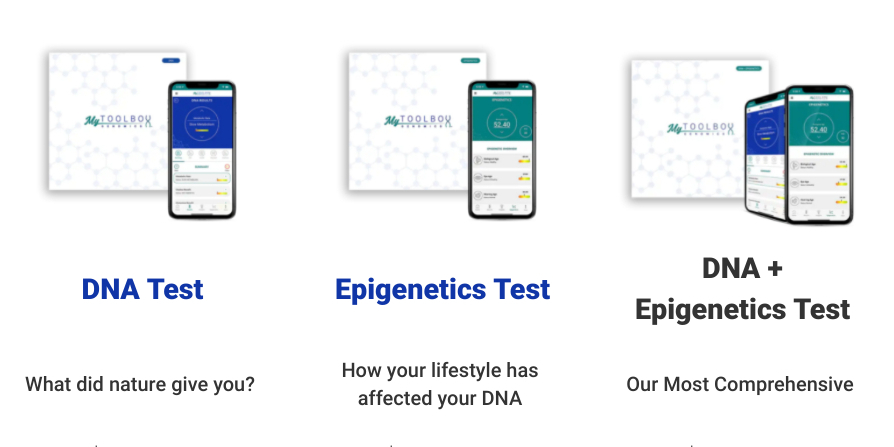Epigenetics is a study of the ways genes are influenced by environmental factors. It involves the modification of DNA and chromatin by specialized enzyme complexes. These modifications can have a positive or negative impact on the expression of genes, and affect the health of the individual.
This field of study is an emerging area of science. Genetics is still a mystery, but epigenetics has begun to shed light on many aspects of health and disease. The effects of epigenetic changes have been associated with a range of conditions including cancer, diabetes, and obesity. Aside from shedding light on these conditions, it also provides insights into mental health.
Epigenetics is an essential biological process. It can be traced back to the studies of early cell biology researchers. But the study of epigenetics has only recently gained traction with the advancement of sequencing technologies. Since then, more thorough understanding of the underlying mechanisms of epigenetic regulation has been achieved. However, the study of epigenetics is not yet a comprehensive model of the way the body functions.
Epigenetics is a complex system that regulates the formation of epigenetic tags, which are switches that turn on or off gene expression. The presence or absence of these tags determines the path that a cell will take from a crossroad. During development, this pathway must remain stable through cell division.
Many facets of the epigenetic landscape are strictly determined in time, space, and environment. These include hormone production, structural proteins bound to DNA, and lysine residues that can be read by specialized enzyme complexes. While these mechanisms are important for the transmission of the differentiated state of an embryo during development, they have also been linked to the progression of certain diseases. For example, aberrant histone modifications that occur during the development of cancer can contribute to the tumor’s growth.
In addition to chemical modifications to DNA, structural proteins also bind to the chromosome and are associated with heritable traits. As a result, there is an increased need for the development of early detection strategies.
Studies of early embryology revealed a cellular control system that could be responsible for heritable changes in phenotype without changing the primary sequence of DNA. These observations led to a broader understanding of genetics and its impact on development.
Early investigations into the mechanisms of epigenetics focused on the relationship between genes and developmental events. Studies from the mid-1950s and early 1960s led to the characterization of the Drosophila genome as a linear structure. Scientists then assigned specific sites on the chromosome to individual genes. Researchers also identified genetic linkage of the X chromosome.
With more detailed understanding of the underlying mechanisms of epigenetics, it is now possible to describe complex regulatory processes. It is hoped that this knowledge can lead to the development of effective prevention and treatment strategies.
As a result of the growing importance of epigenetics, it is now an important component of epidemiology studies. It can be used to help improve risk stratification and to develop early detection and prevention strategies.

Looking for a little extra guidance?
Book a free 15 minute phone or Zoom consultation
We will discuss your difficulties and your health and happiness goals. Plus we’ll begin creating a custom strategy to get you back on your right path!
No matter what it is, we are here to help! Together, we’re going to get to the bottom of the beliefs and habits that may be holding you back from your healthiest, happiest life.
